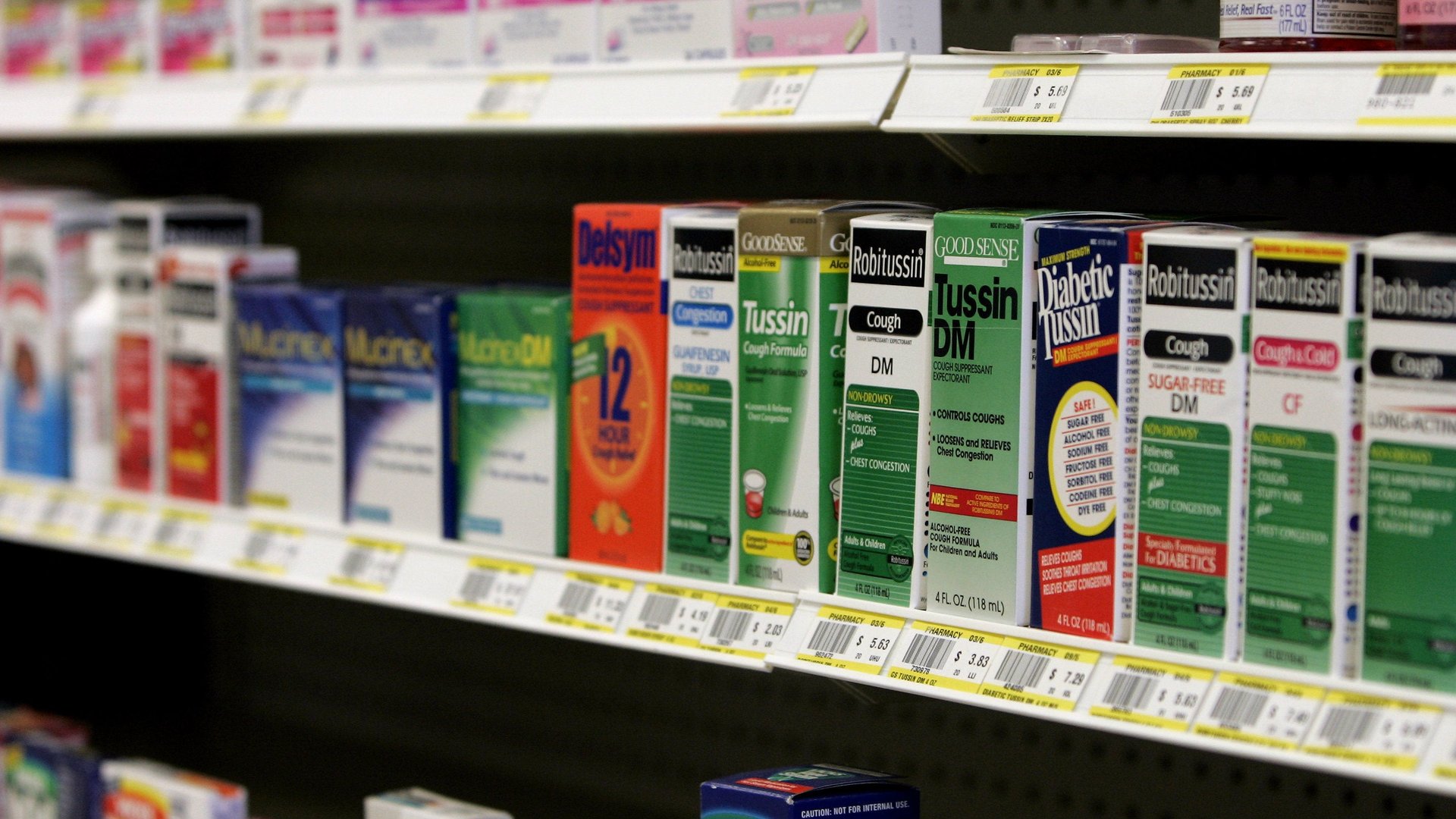The major ingredient in Nigeria’s codeine abuse crisis is corruption at major drug makers
Nigeria’s drug abuse problem has been put under the spotlight by a new investigative documentary.


Nigeria’s drug abuse problem has been put under the spotlight by a new investigative documentary.
Across several major Nigerian cities, many young adults are known to be addicted to several illicit drugs but, in recent years, opioid-based cough syrups in particular have become a serious menace.
In Sweet Sweet Codeine, an investigative documentary by the BBC, reporters secretly film staff of three major pharmaceutical companies offering to sell thousands of codeine-based cough syrup bottles in illicit deals. The complicity of these companies which produce cough syrups locally helps explain the widespread availability of the drugs despite a government ban on over-the-counter sales. The documentary is the first for BBC’s Africa Eye, a new TV investigations strand, the latest in BBC’s expansion across Africa.
With local pharmaceutical production unregulated by government, cough syrups are being produced on an industrial scale. While drug makers are legally bound to only supply to pharmacies which in turn sell to patients with prescriptions, corrupt staff are taking advantage of the high demand on the black market and running parallel drug syndicates. Following the BBC investigation, Emzor Pharmaceuticals, one of Nigeria’s largest, has suspended the distribution of codeine cough syrup. It came after an Emzor executive was filmed cutting a deal to illegally supply cough syrup bottles.
Nigeria’s health ministry has also announced a ban on importing and producing codeine-based cough syrups.
Catching them young
The target market in the illicit codeine trade typically consists of teenagers and young adults looking for a cheap high. At a price of around 1,000 naira ($3), codeine is exactly that. Even though it is illegal to sell codeine cough syrups without a doctor’s prescription, the drugs remain widely available. It is common to find them casually consumed, sometimes as part of mixtures, at local bars and parties.
Taking codeine has become “cool” as pop culture references about the opioid have proliferated, particularly in the booming Afrobeats scene . “Diet“, an Afrobeats song with the refrain, “on a Codeine diet” has become a big hit for three of Nigeria’s biggest pop stars while the risque music video for Science Student by Olamide was banned by Nigerian media regulators. Codeine references also litter American hip hop as several big name artists, including rapper Lil’ Wayne, have released codeine-inspired tracks.
The thousands of young Nigerians already addicted are at risk of suffering from effects of sustained opioid abuse ranging from schizophrenia to organ failure.
The problem is more acute in Nigeria’s vast north where millions of young adults are unemployed. Its prevalence is also rooted in cultural nuances: with the sale of alcohol banned across most northern states mainly for religious reasons, young adults and teenagers often turn to cheap opioid-based drugs, especially codeine cough syrups, as an alternative. Those who cannot afford codeine syrups turn to more extreme options including lizard dung and cobwebs.
Isa Mohammed, a Kano-based pharmacist attributes the rampant abuse in the north to “access and supply”. Last October, Nigeria’s senate claimed around three million bottles of codeine syrups were consumed daily in two northern states alone. A measure of the scale of the problem, last month, the anti-drug agency seized a truckload of 24,000 bottles of codeine cough syrups in a single incident. The effects of the access to the cheap opioid on a mostly Muslim youth in the wake of poverty and a lack of employment, Mohammed says, “is disastrous.”
Bureaucratic bottlenecks
Nigeria’s government made little progress in curbing the problem. A ban on over the counter sales hardly dented the problem as unregulated production and illicit trade ensure that the drug remains available. It’s unlikely that the ban on sales without prescriptions has been implemented at all of the thousands of drug stores across the country.
Beyond attempting to stop over the counter sales without prescriptions, the government had been slow to act until the ban yesterday (May 1). Indeed a committee was set up in January to look into codeine abuse but its findings and recommendation, initially expected six weeks later, have not been published by the health ministry.
Over Nigeria’s borders, neighboring countries face a similar opioid crisis with Tramadol, a cheap but addictive pain relief medicine. Benin, which borders Nigeria’s west, is the second largest destination for Indian Tramadol globally. Some of the worst affected countries in West Africa are yet to make significant progress in tackling the opioid abuse.
Local advocacy groups recommend regulating production and distribution of drugs as a better solution to the opioid abuse problem. Adeyemi Oluwatosin, editor-in-chief of the Pharmaceutical Society of Nigeria, says one way to do that is by finally adopting the national drug distribution guidelines—a policy to regulate the distribution of drugs and eliminate open drug markets as well fake drugs. Five years after it was first proposed however, the policy remains unimplemented.
As for Mohammed, an outright ban alone will only be a temporary fix if government does not take on the much tougher problem of regulation. Addicts, he says, will likely turn to abusing other drugs, some with worse effects. ”Banning codeine is not the issue, regulation of drugs is what we need,” he tells Quartz. “If we’re not regulating, then we’re just wasting our time and people will keep dying.”